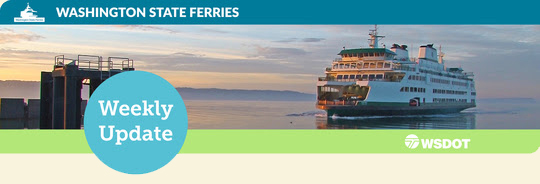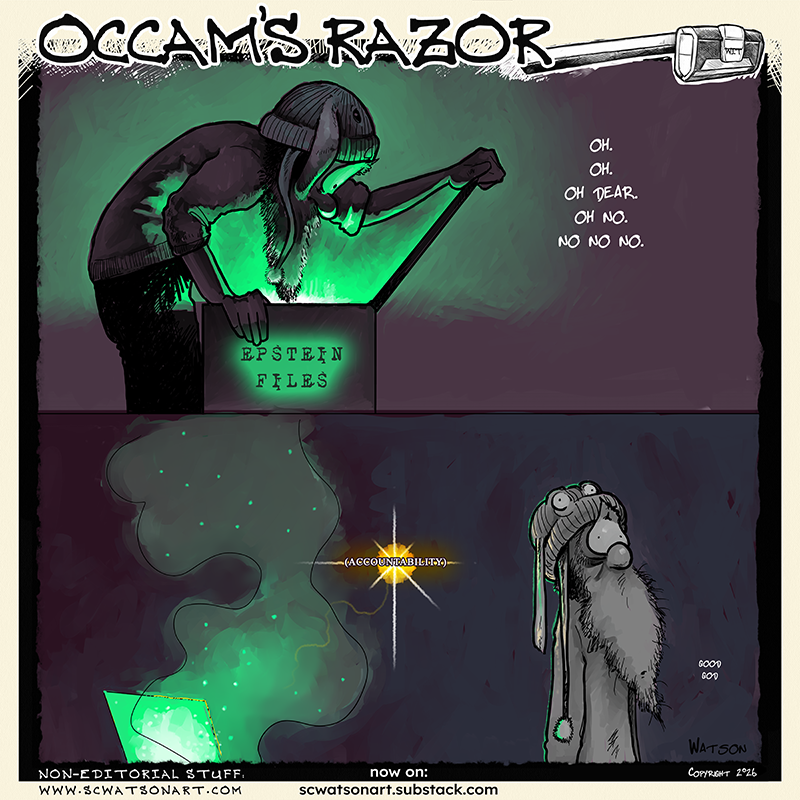— by Steve Bernheim, Orcas Issues reporter —
Just ten days after Washington State identified its first coronavirus case, the San Juan County Council met on February 3, 2020 to declare a state of emergency … caused by heavy rainfall and flooding. But less than six weeks later, on March 13, the Council declared its second emergency of 2020, caused by the coronavirus.
Since the September 11 attacks exposed weakness at all government levels in responding to emergencies, federal law has required local governments to have emergency plans and standardized command procedures in place which help government agencies during emergency or disaster to coordinate response, provide public information, prevent the spread of disease, and protect life, property, the economy, and the environment.
San Juan County has two emergency plans to deal with coronavirus. The 2016 public health emergency plan says “Epidemic/Pandemic” is one of the hazards “most likely to occur” and the County’s 2019 comprehensive emergency plan says we are “as, or more, vulnerable as anywhere in the Americas to the spread of influenza and a pandemic incident” since the County is geographically “a gateway from Asia and Canada.”
Those primarily responsible for addressing the public health aspects of the coronavirus emergency are the County Emergency Management Director, the County Health Officer, and the County Department of Health and Community Services.
Brendan Cowan, Emergency Management Director
The San Juan County Emergency Management Director is Brendan Cowan, part-time County emergency management director for seventeen years who also works part-time with the Federal Emergency Management Agency where he has responded to hurricanes, floods, tornadoes, and fires. He says coronavirus is “more challenging because most disasters have a finite period of impact and period of immediate response that lasts a week or couple of weeks, followed by rebuilding, but this one is like a slow motion disaster where we’re not really sure what the impact is or when it’s going to be here, and we don’t know when it’s going to end.”
Cowan reflects that because coronavirus presents a global challenge to many locations at one time, help from outside is limited: “normally victims of a hurricane get lots of help from other places eager to pitch in, but here we’re kind of on our own. “
He says it’s too soon for him to predict how it will end in San Juan County, but he is proud the commitment of talent and energy from the more than 60 official members of the emergency response team and from the local volunteers. Emergency plans give Cowan day-to-day authority for emergency management programs and activities: he can issue regulations to protect life and property, obtain vital supplies, deploy County emergency services and other personnel and equipment, and secure volunteer aid.
Dr. Frank James, San Juan County Health Officer
The San Juan County Health Officer is Dr. Frank James, who has the authority to control and prevent the spread of infectious diseases through enforcement of state-wide restrictions, closing schools, limiting public assembly, conducting medical testing, and imposing quarantines, even without Council approval.
On March 23, he ordered playgrounds closed; access to transient accommodation and marine and air ports limited; and notices posted announcing limited air and water access to the County due to state-wide limits on travel. These measures are effective immediately and will expire
April 30. At a county council meeting March 25, Dr. James said he was exploring the possibility of an additional order to impose a quarantine on those arriving from outside the County: “In many countries where this disease has been effectively controlled, they have had a process where when people come into a region, that they are required to be under a 14 day quarantine. I think it’s something that has merit that could help us.” James said he might issue such an order in the future, but didn’t have the legal details worked out enough to make it part of his current order.
He also told the County Council that it takes eight days to get virus testing results back from a laboratory in California where they are sent and that tests are in short supply. James is a clinical assistant professor at the UW School of Public Health and operates a medical clinic, Travel Medicine Northwest, in Bellingham.
Mark Tompkins, Director of County Health & Community Services
The Director of the San Juan County Department of Health & Community Services (H&CS) is Mark Tompkins. Under emergency plans, H&CS is tasked with coordinating disease prevention activities, and providing public information and nursing care when needed. Kyle Dodd, HC&S environmental health manager, is Incident Commander for the coronavirus Emergency Operations Center on San Juan Island.
Other arms of local government with roles in the coronavirus emergency include the San Juan County and Friday Harbor Town Councils which are responsible for declaring an emergency in the first place and requesting outside assistance; the Department of Administrative Services which is responsible for maintaining records and hiring emergency personnel; and local clinics, hospitals, and EMS services which are expected under disaster plans to provide needed medical care and supplies.
State regulations require members of the general public to cooperate with public health authorities in the investigation of suspected cases and outbreaks of communicable diseases, and with the implementation of infection control measures, including isolation and quarantine.
Members of the general public may also notify the local health department of any case, suspected case, outbreak, or potential outbreak of communicable disease: Mark Tompkins, RS, Director H&CS, markt@sanjuanco.com, 360-370-7517.
**If you are reading theOrcasonian for free, thank your fellow islanders. If you would like to support theOrcasonian CLICK HERE to set your modestly-priced, voluntary subscription. Otherwise, no worries; we’re happy to share with you.**








Can anyone tell me why virus tests from Orcas, presumably taken at our UW clinic, are being sent to a California lab with an 8 day turnaround, rather than to the UW virology lab with a 12 hour processing time, where almost all other WA tests are sent? I find this very surprising–it would be very helpful if Dr. James could comment.
Yes, please comment.
According to dr James, “ I do not believe your information is correct. UW Orcas send to UW virology for testing. There is a significant delay in testing for both the private labs Labcorp and Quest.”
In the SJC Community Update #2 video on 03/19 the test turnaround time was quoted [about minute 8:30] to be 3-5 days.
media.avcaptureall.com/session.html?sessionid=954f7007-0554-4f6c-92fa-9b72eccc66b4&prefilter=30,5838
My information came from The Seattle Times, 3/27/20, “Coronavirus Testing Troubles Persist…”
“The University of Washington Medical Center Virology lab continues to handle most of the testing in Washington, running nearly 84% of more than 34,000 tests performed statewide as of Wednesday. …
The UW virology lab, which at a high tested 3,071 individual patient samples in one day on March 18, has been able to keep up with the testing demand with a typical turnaround of test results in 10 to 12 hours….”
The original story above says that SJC tests are going to a California lab. I had thought Orcas tests were going to the UW virology lab. Which is correct?
Alice Swan: I just spoke to the County Health Department nurse who is in charge of reading the test results as they come back from the labs. At this time, all tests done on Orcas through the UW clinic are being sent to UW labs; the turnaround time is one to two days. She (the nurse) now usually sees the results within a day of the test. Even a few days ago, the turnaround time was much longer.
Re the People Behind … Yes, thank you for working so impossibly hard!
Re the Emergency Planning … Excellent start to unprecedented challenges!
Re the future .. You are helping shape a better prepared community.